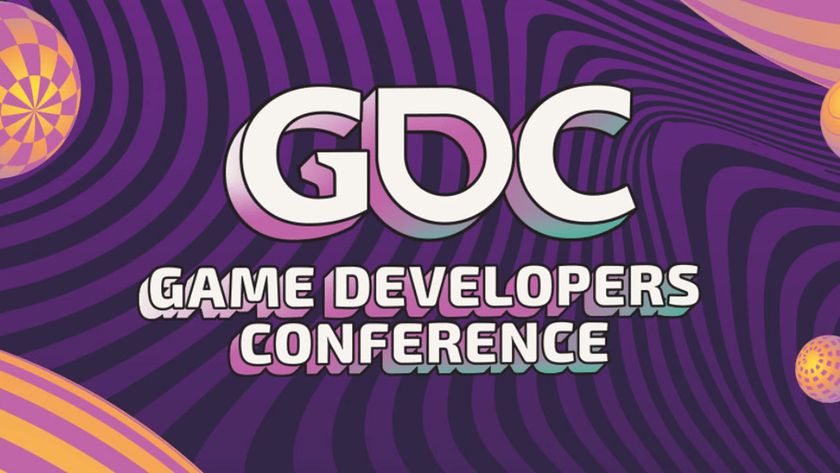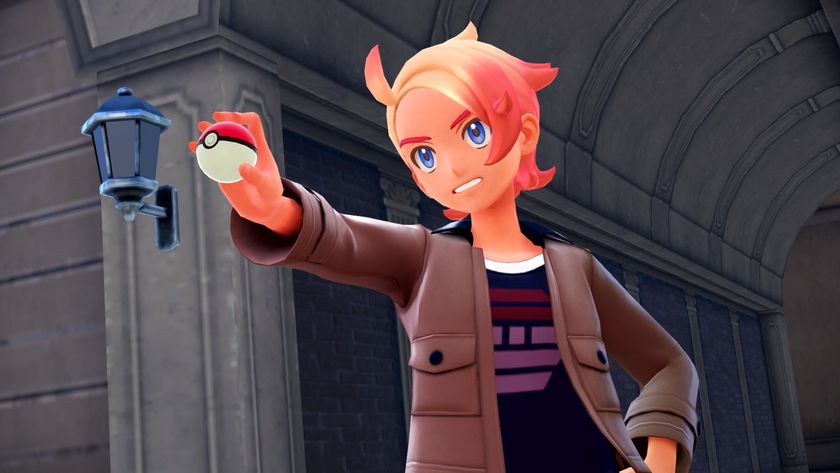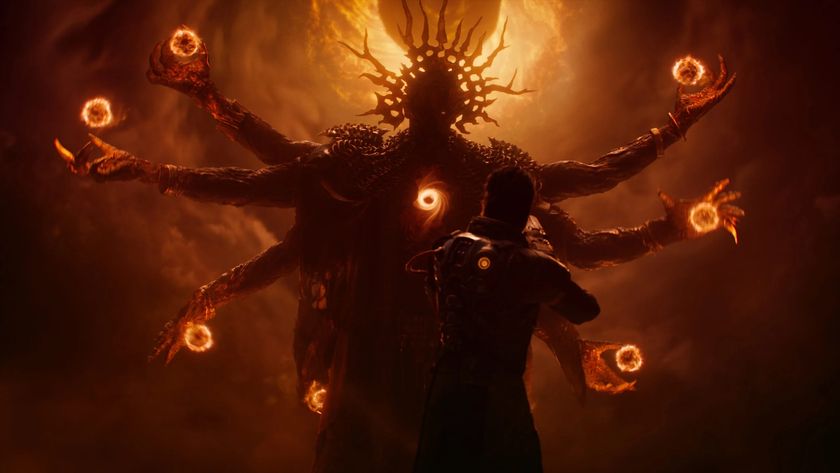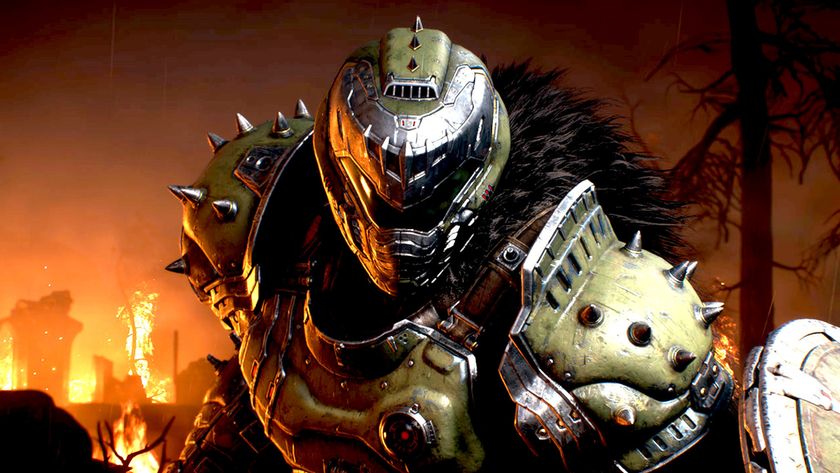The 8 best things we saw at GDC 2012
The annual Game Developers Conference may be an industry-facing event, but there's still plenty of cool stuff on display
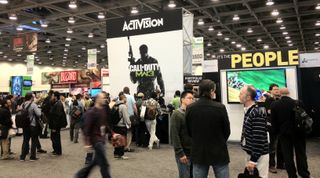
For more than 20 years, the annual Game Developers Conference has been a place for people in the industry to gather, network, share ideas and recognize achievements in game design. More recently, its become a place to reveal new games, new technologies and to dissect games for the benefit of a wider audience. GDC 2012 has been one of the most interesting yet, and what follows over the next several pages are some of the best, most impressive things its had to offer.

Quantic Dream's Kara demo
Quantic Dream founder David Cage may make some divisive games, but he can be a hell of a storyteller when he puts his mind to it. And in just seven minutes, he managed to transform what appeared to be an impressive tech demo for facial-animation technology into a surprisingly poignant meditation on machine intelligence, the commodification of women and the moral acceptability of slavery based on someone or somethings perceived humanity.
Even if its not a game, Kara like The Casting before it manages to tell a succinct story while promising a new step forward in face-rendering tech, and it was easily one of the most impressive reveals of the show. If nothing else, its riveting to watch; if you havent already, we recommend you do so now. Go ahead, well wait.
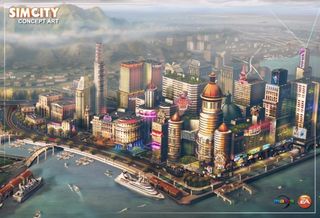
SimCity's GlassBox engine
Maxis new SimCity will take a more natural, physical approach to simulating city-building than other games in the series. During a panel about its new engine, some of the creators explained exactly how GlassBox works, taking the typical SimCity elements that typically rely on mathematics and, instead, actually simulating them.
The easiest way to understand it is by hearing how a factory works in the GlassBox engine. It doesnt just sit there pumping out money instead, it actually needs workers, so itll put out a call for workers when it opens up that will cause locals to actually get in real cars and drive to the factory. Theyll park and go to work. After theyre there, it will make actual boxes that will be picked up by actual trucks that will drive them to actual stores. Its still a bunch of coding, but it plays out in a more natural way that makes us fear for the inevitable AI takeover of the world.
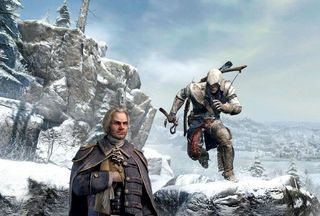
Assassin's Creed III
After weeks of rumors, leaked art and teased information, Ubisoft invited a handful of journalists over to its offices to finally see Assassins Creed III in action. It was pretty amazing, and the stuff that happened in the wilderness alone was oh, but we cant tell you. Not just yet. As much as we want to gush over every detail right now, Ubi only showed it to us on the condition that we not reveal anything until later this month. So be sure to check back here again around, oh, say, March 26 if you want the full story.
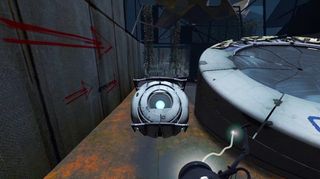
All the cool stuff that got cut from Portal 2
Postmortems, in which developers lay bare their creative process and talk about how they made a particular game, can be fascinating. But the things that get left out of games can be almost as interesting as what got left in (and sometimes more), and during a panel led by Portal 2 writers Erik Wolpaw and Chet Faliszek, the two focused almost entirely on what was left on their games cutting-room floor.
In its early stages of production, Portal 2 was envisioned as a 1980s-set prequel with no Chell, no GlaDOS and something called F-Stop in place of portals. Then, as it developed, the plan was to kill off Wheatley early, add six more personality cores for players to interact with, and then throw in a couple of phony endings for the kinds of players who liked riding the elevator down into the fire pit in the first Portal. We did a detailed write-up of it all, which you should probably go take a look at.

Mario helping to heal a national tragedy
We always expected a lot from the first 3DS Mario game, but we could never have anticipated that it would be seen as a ray of light after the dark days that followed Japans earthquake and tsunami a year ago. However, when Super Mario 3D Lands director, Koichi Hayashida, took the stage to discuss the game at GDC, we learned that while he nearly lost the will to work following the disaster he saw Mario as a way to bring happiness back to Japan.
From there, the teams goal was clear: bring smiles to as many Japanese faces as possible. The team did their best to make the game challenging and accessible for everyone, and to draw on their own childhood memories of gaming to produce the best, happiest, most creative game they could. And it seems to have paid off, judging by the comment Hayashida received from one Japanese fan: "This game has been like a light finally shining into what has been such a depressing time. I feel like this game has given me the power to go on living."
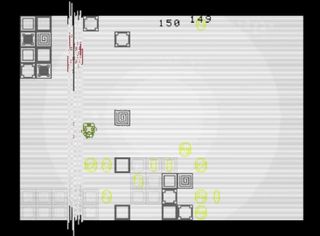
The Glitchhiker funeral
At GDC, one of the developers of Glitchhiker gave what he referred to as the first actual postmortem. The theme of the 2012 Global Game Jam was extinction, and its one that the six people who made Glitchhiker took to heart. Instead of making a game about zombies, or a virus, or dinosaurs, it made a game that quite literally had the capability to die. Games were linked together, and every time a player scored more than 200 points the game literally gained a life. Less than 100 points? It lost a life.
With each life lost, the game became glitchier and harder to play, thus making it more difficult to score high points. After six hours, the game itself had been completely and utterly destroyed. There was no backup, no secret hidden version. After the last life was gone, the game was gone completely, erased forever. Extinct.
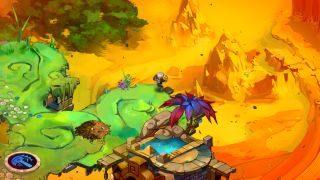
Some surprising facts about Bastion
During a speech on immersion in games, SuperGiant Games Greg Kasavin said that the team wanted the tone of Bastion to be very depressing, but still very fantastical. This evolved over time, but started off with the simple, but absurd concept of What if Cormac McCarthy made Dark Crystal? That was the developers goal: to create something as depressing as The Road, but as magical as Dark Crystal, which we would argue it did surprisingly well, considering how silly it sounds.
Meanwhile, Darren Korb, the guy responsible for all of the music and sound effects in Bastion, recorded just about every single part of the game in his small New York apartment. He did the music himself, mixed it himself, and even made noises into the microphone for the sound of animals dying himself. It was all him. But when it came time to do narration, he called on his friend Logan Cunningham, who sat in his closet recording audio. Literally, he had to sit in a small closet in a small apartment, because it was the most soundproof spot in the whole place. Classy.
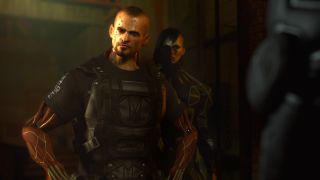
Deus Ex: Human Revolutions director finding something to apologize for
When speaking publicly about their games, its common for developers to admit their missteps, or point out things they wish they could have made better, or talk about what crushing time constraints they were under. But an actual apology? Thats pretty rare, especially when its coming from a director of one of last years most critically acclaimed games. But when Francois Lapikas of Eidos Montreal started talking about the boss fights which drew a lot of criticism for forcing players into firefights, when the rest of the game provided them so many more options for dealing with conflicts apologize is exactly what he did.
"They were a big part of the game, and we should have put more work behind them," Lapikas said during a postmortem panel on DX:HR. "So, sorry about that."
Of course, he spent a lot of time talking about things that went right with the game, too, and most of it was pretty riveting. The full details are in our write-up of the panel, if youd like to learn more.

